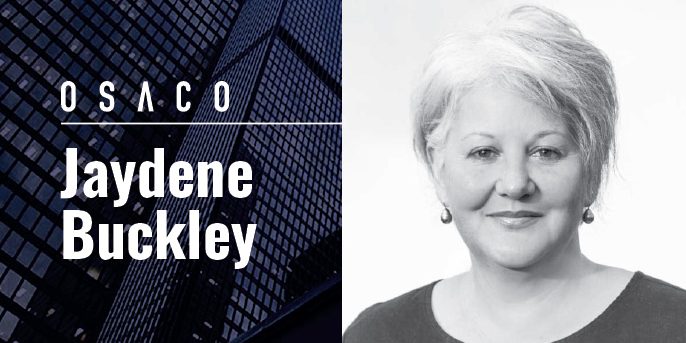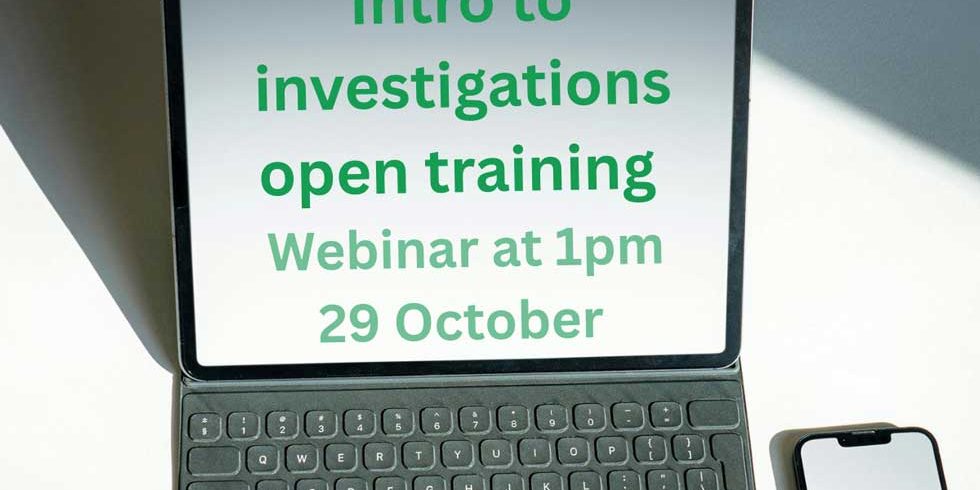Addressing Internal Process Distrust

It doesn’t need to be like this. That was my first thought as I read of yet another controversy involving FENZ (Fire and Emergency NZ) and UFBA (United Fire Brigades Association of NZ) around the same recurring issue – a lack of trust in the organisation to fairly and independently investigate allegations of bullying, harassment and sexual harassment.
Losing your people’s trust compounds what victims and survivors of bullying feel, namely that their workplace is unsafe and that their wellbeing and mental health are greatly and adversely affected because they work there.
The idea that just leaving is a simple choice for those affected by bullying and harassment is a fallacy. People stay for many reasons, including financial. Those in a voluntary role may stay because they feel that their need to serve the greater good outweighs damage they experience. They stay on in the hope that something will change. They’re right in the sense that change is possible. But it isn’t at all likely when organisations are not willing to do the basics properly.
As an organisation that has successfully conducted effective workplace investigations for many years internationally, we know how following a sound and effective methodology leads to good results for organisations and the people within them.
The first step is having sound policies in place that have the ‘buy in’ of your people, followed by clear procedures and systems. This includes a confidential mechanism for your people to raise concerns and complaints. You need to be open about your process and provide a safe space for your people to make a complaint.
An intake system for complaints whereby they are received and reviewed, triaged, and a decision-making process that is clearly articulated is essential. People need to know how and why allegations are elevated or not elevated and how they will be managed, whether through mediation if appropriate, or through an investigation.
The investigation process should be a transparent fact-finding investigation whereby evidence is gathered in a timely manner. All parties need to be provided the opportunity to offer evidence in support of their statements when interviewed and afforded confidentiality throughout the process where practicable, knowing that in a situation that involves person-to-person allegations, other members of the organisation will often be interviewed. There should never be a predetermined outcome to an investigation, the conclusion should be based on the facts that could be established during the investigation.
At all times, the victim and reporter, in instances when an allegation is raised by a person other than the victim, are entitled to be believed, unless facts establish otherwise, and to be accorded protection from retaliation in perpetuity.
The subject of the allegation is also entitled to expect that being the subject of an allegation is not a disciplinary process and there is no expectation that they should be suspended unless there are circumstances that indicate that that they should not be in the workplace while the investigation is ongoing. Suspension does not indicate guilt nor is it an indication that the allegation will be substantiated.
While details of an investigation should remain confidential, processes and policies about how you manage allegations of bullying and harassment should not.
When an organisation implements sound policies and processes, including utilising the services of an independent professional organisation to undertake an investigation, or when it outsources the entire processes, the organisation will begin to gain the trust of its people, even when there had previously been a low level of trust.
As more allegations are received, recorded, and dealt with appropriately, regardless of whether complaints are substantiated or not, your people will start to have faith that the organisation will take complaints seriously and act appropriately.
Annual reporting, just like an annual audit, also provides assurance to key internal and external stakeholders that you are acting on complaints. Complaints are something that a mature organisation will be confident to disclose.
Lack of trust in an organisation to fairly and independently investigate allegations of bullying, harassment, and sexual harassment does not have to be the status quo. The knowledge, experience and skills to handle such situations appropriately and professionally exists, our work is proof of that.
Case study – Mercy Corps:
Mercy Corps provides a great example of a very large NGO that works across the world stepping up and taking ownership of a very serious problem and having the commitment to transparency to share what it had learnt (Read more here).
OSACO has been working with Mercy Corps since 2019. We saw the beginnings of the turnaround for them from broken trust to a return of faith in the organisation very quickly, when we were based in their global office HQ in Portland during their time of internal crisis. We have continued to support Mercy Corps and have witnessed the great steps they have taken to professionalise their internal capacity to proactively address issues within the organisation with our ongoing support.


